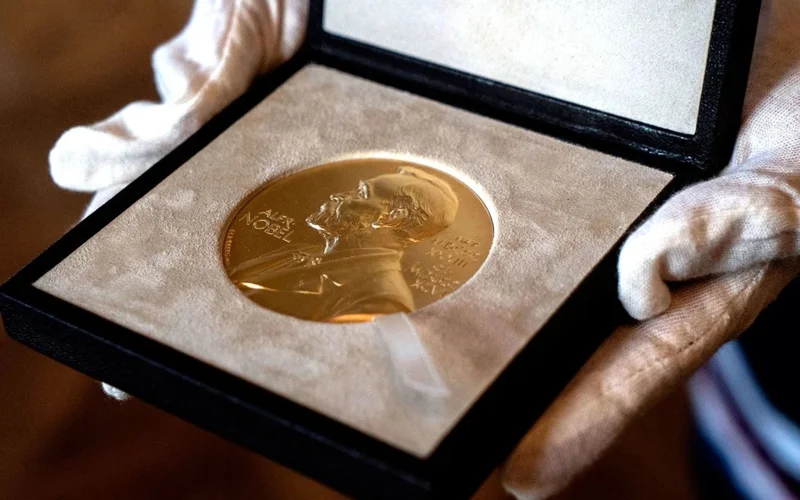Stockholm to announce winner of 2025 Nobel Prize in Chemistry
The Nobel Committee for Chemistry of the Royal Swedish Academy of Sciences is set to announce the laureate of the 2025 Nobel Prize in Chemistry. The award traditionally recognizes authors of studies published in peer-reviewed scientific journals, TASS reports.

To merit the prize, a discovery must be both groundbreaking and widely acknowledged by the global scientific community. For this reason, experimental scientists are typically honored more often than theorists, who usually receive the prize only for theoretical explanations that have been definitively confirmed through experimentation.
Potential laureates
According to Clarivate Analytics, whose rankings are based on researcher citation indices, the Nobel Prize in Chemistry could go to Americans Clifford Brangwynne and Michael Rosen, as well as British cytologist of Israeli origin Anthony Hyman, "for discoveries concerning the role of phase-separated biomolecular condensates in the biochemical organization of the cell."
Another leading candidate is French scientist Jean-Marie Tarascon, a pioneer in the development of modern lithium-ion batteries, recognized "for his fundamental achievements in the field of energy storage and conversion technologies." Chinese researcher Zhang Tao is also mentioned among the contenders "for his foundational contribution to the development of single-atom catalysis and its applications."
Swedish experts note that the prize could also go to American scientist Harry Gray, known for his work on the kinetics of biochemical reactions and electron-transfer chemistry. Other possible laureates include climate researchers, such as American chemist Paul Anastas, recognized for his pioneering role in green chemistry, which seeks to design safer and more environmentally friendly substances. Another potential recipient is Taiwanese-American biochemist Wen Tzihui, whose research in glycobiology, the study of carbohydrates in biological systems, has made a profound scientific impact.
Recall that the Royal Swedish Academy of Sciences awarded the 2025 Nobel Prize in Physics to John Clarke, Michel H. Devoret, and John M. Martinis for quantum mechanic tunnelling.
